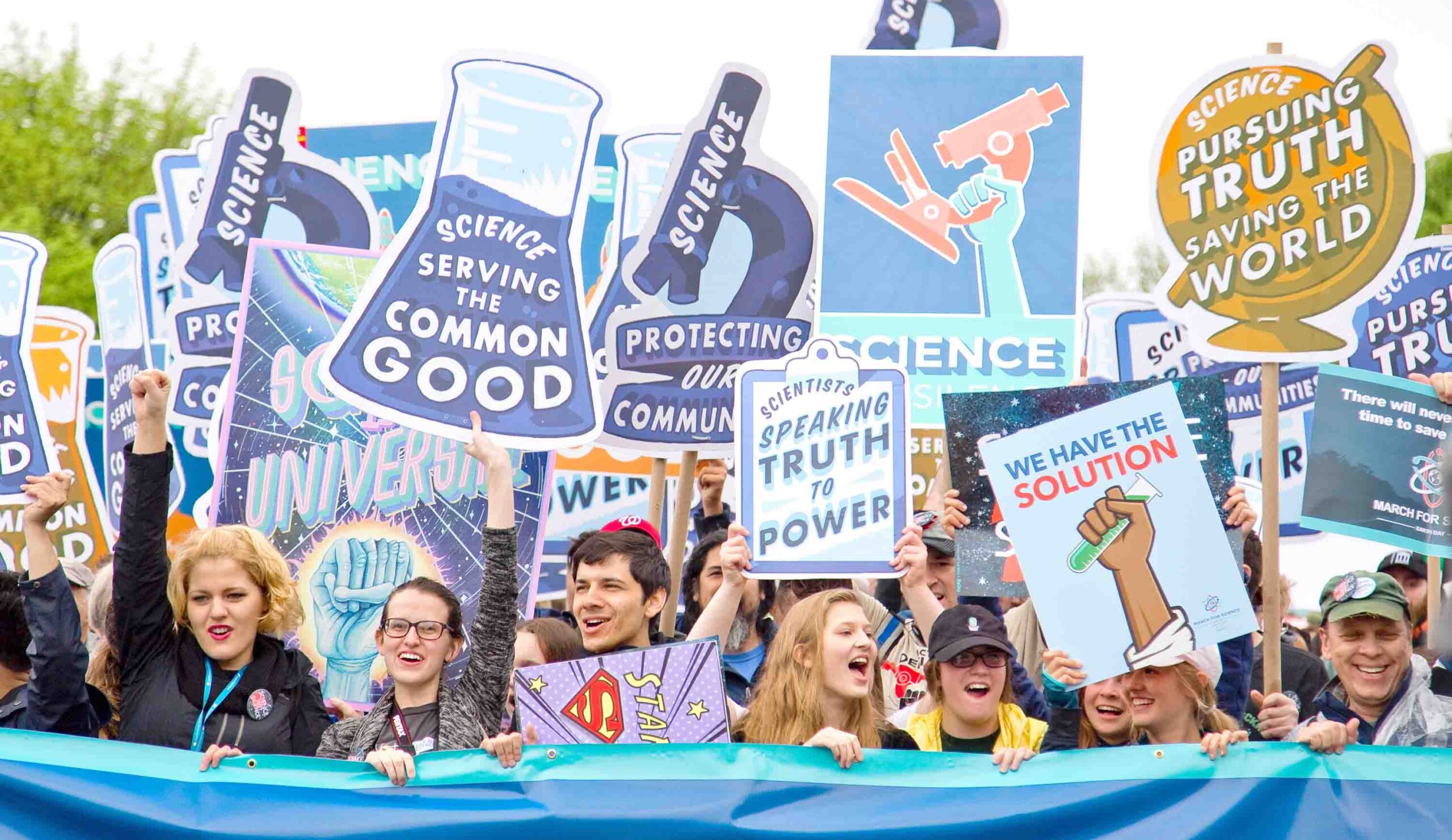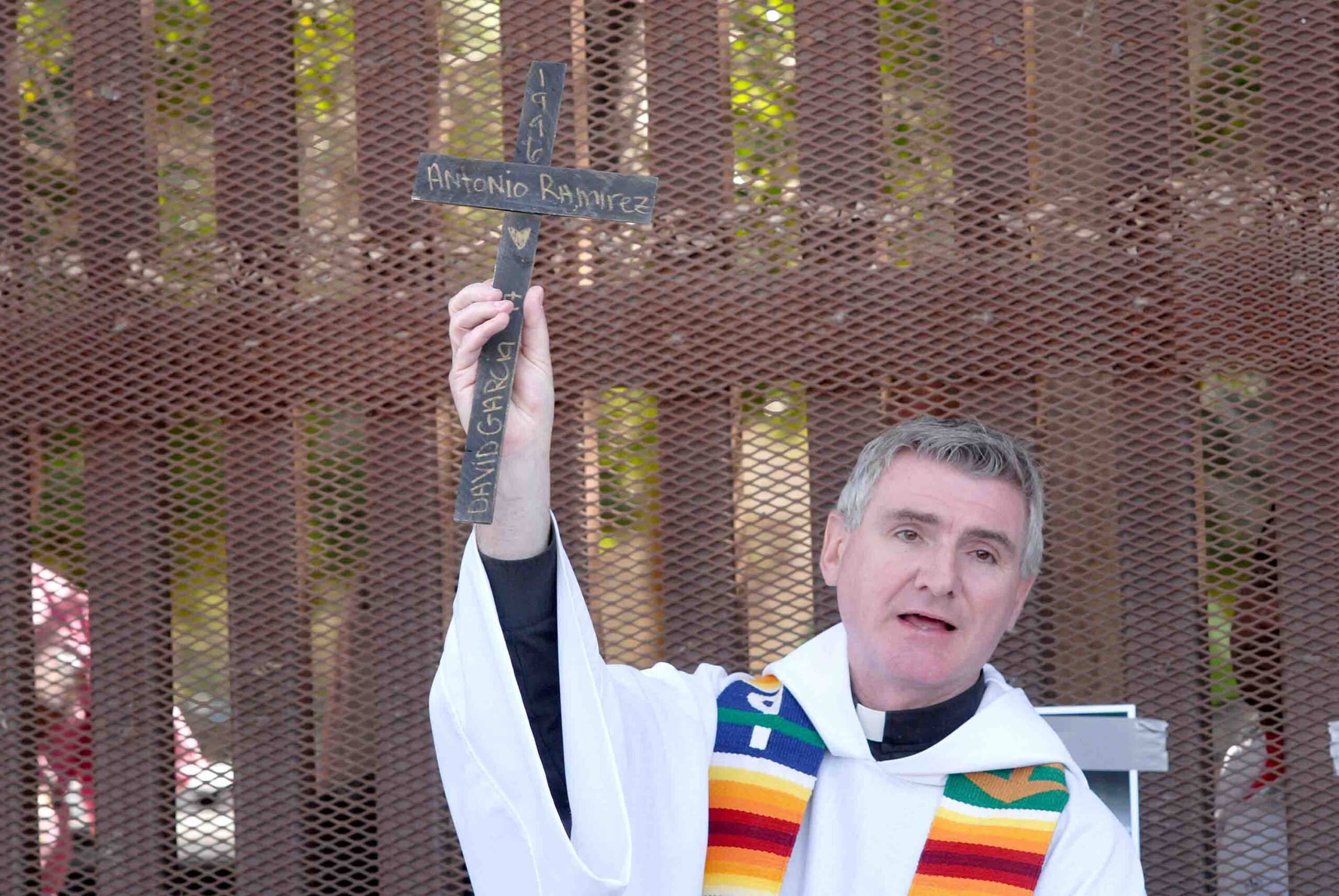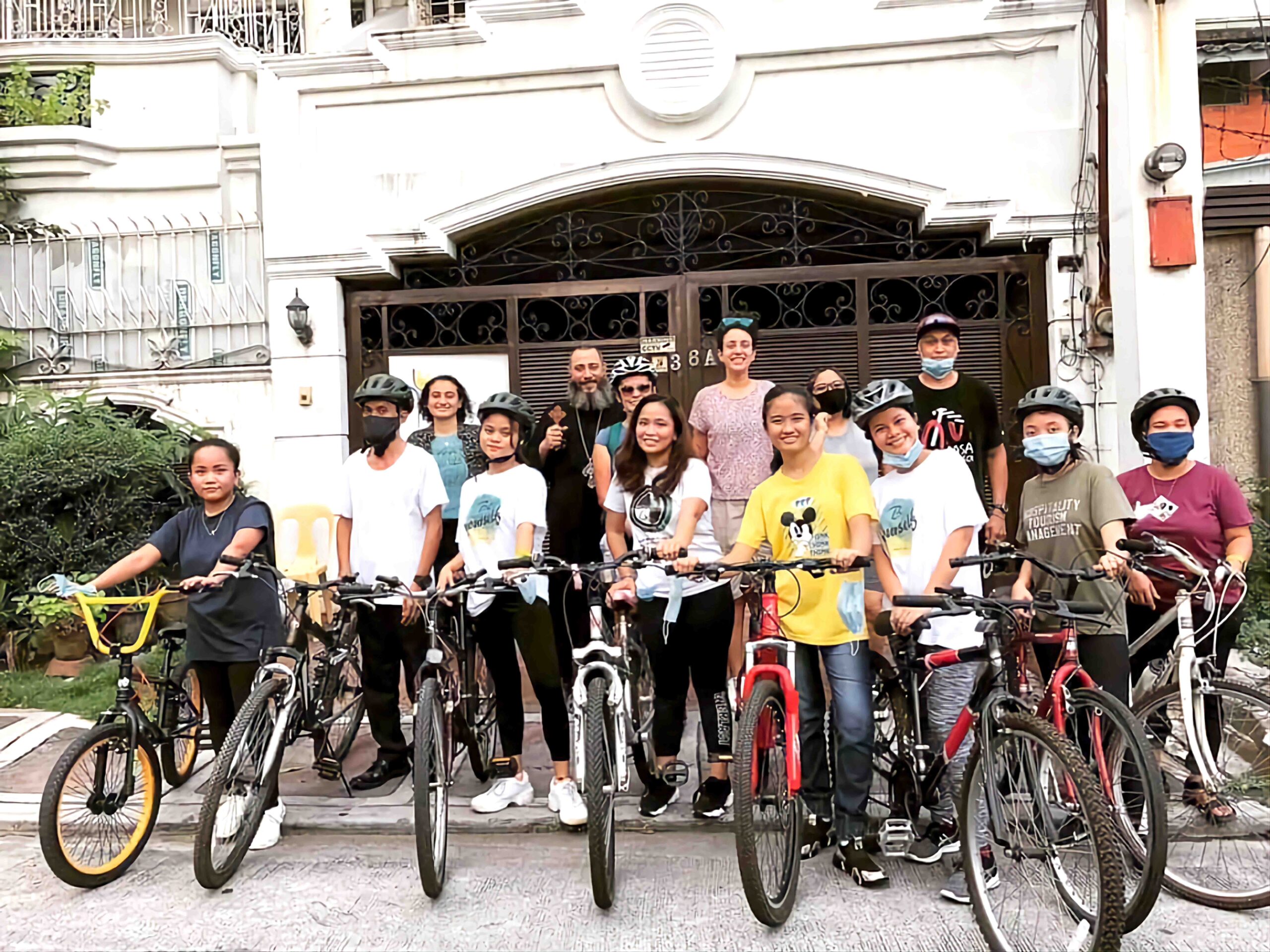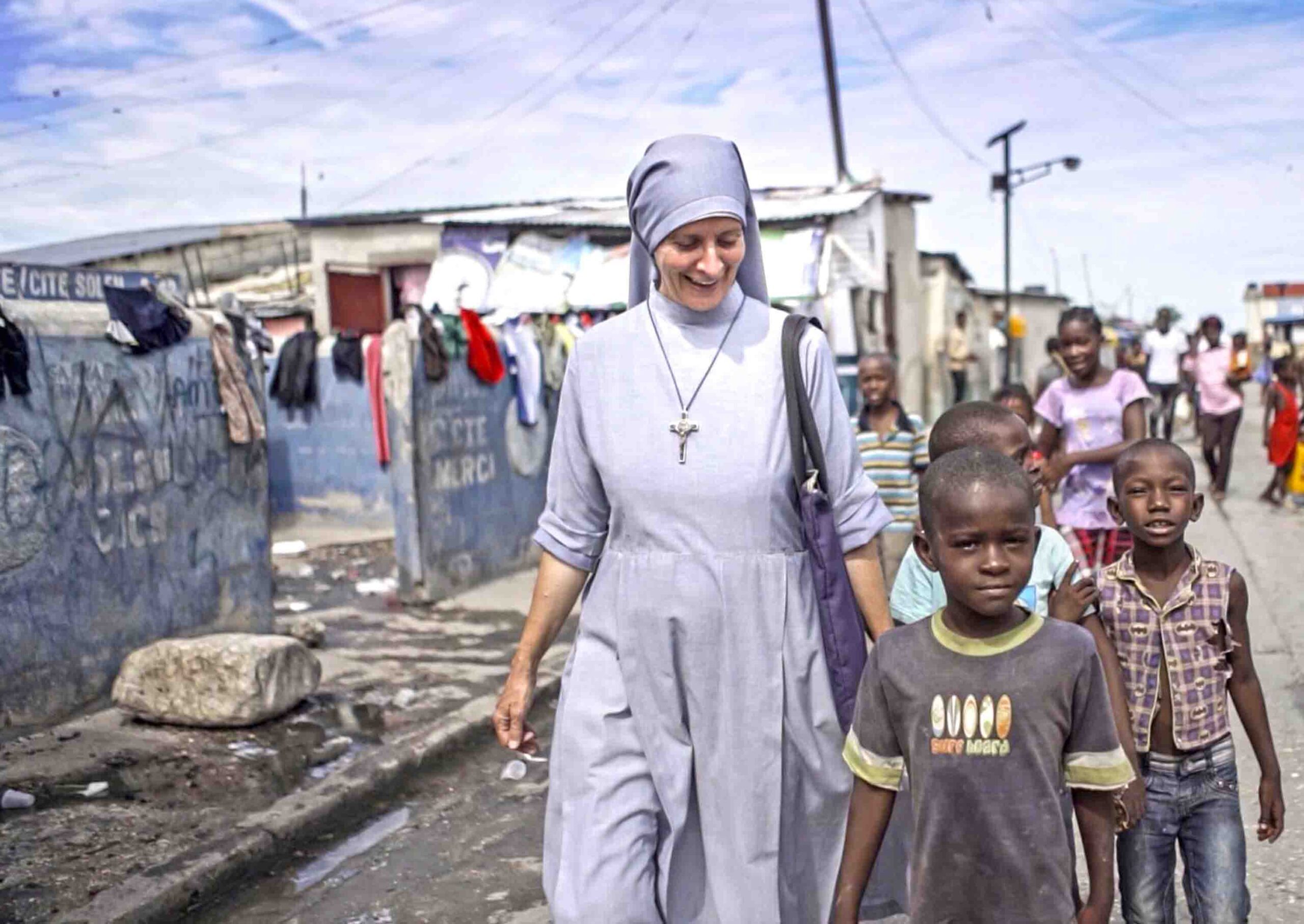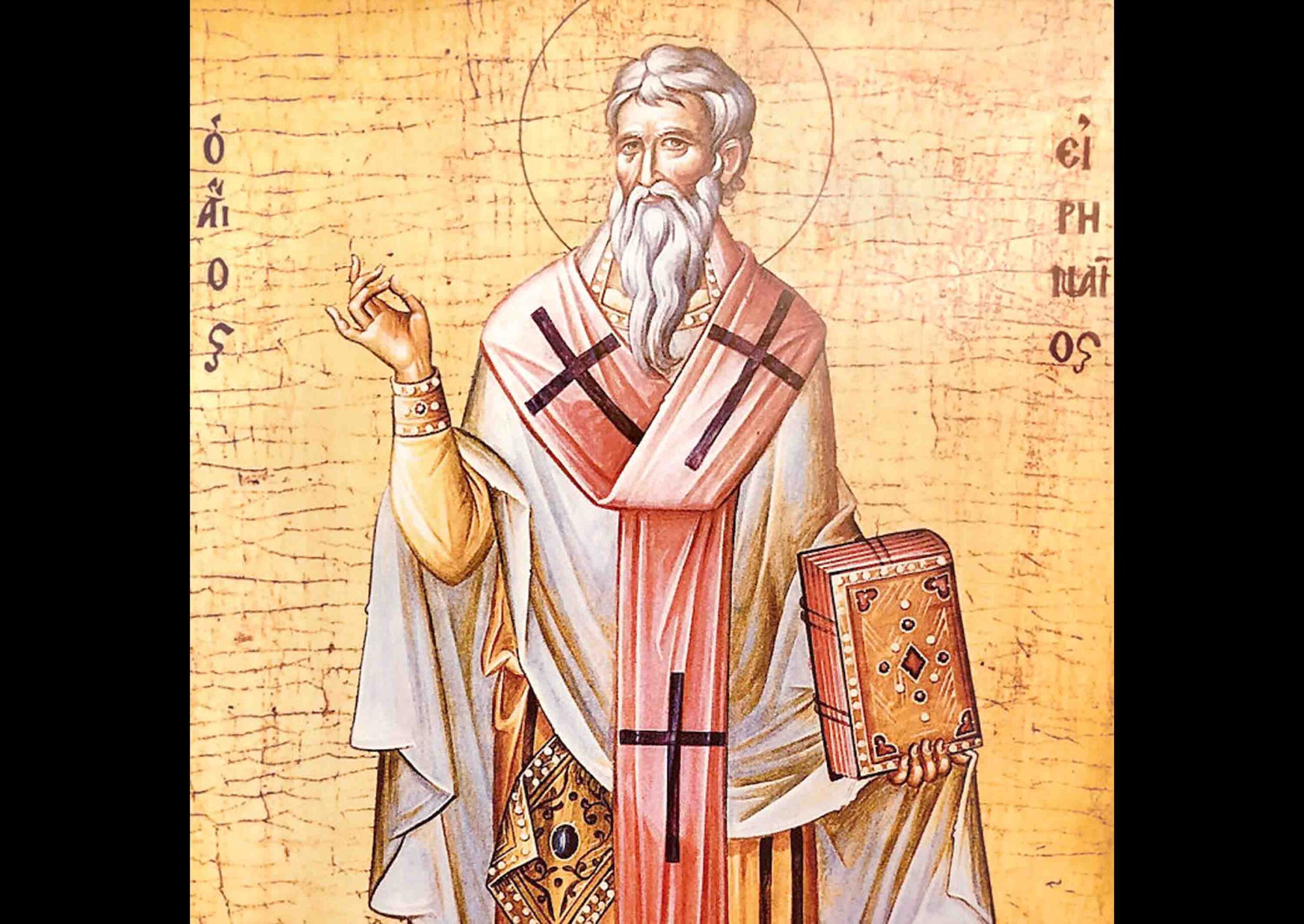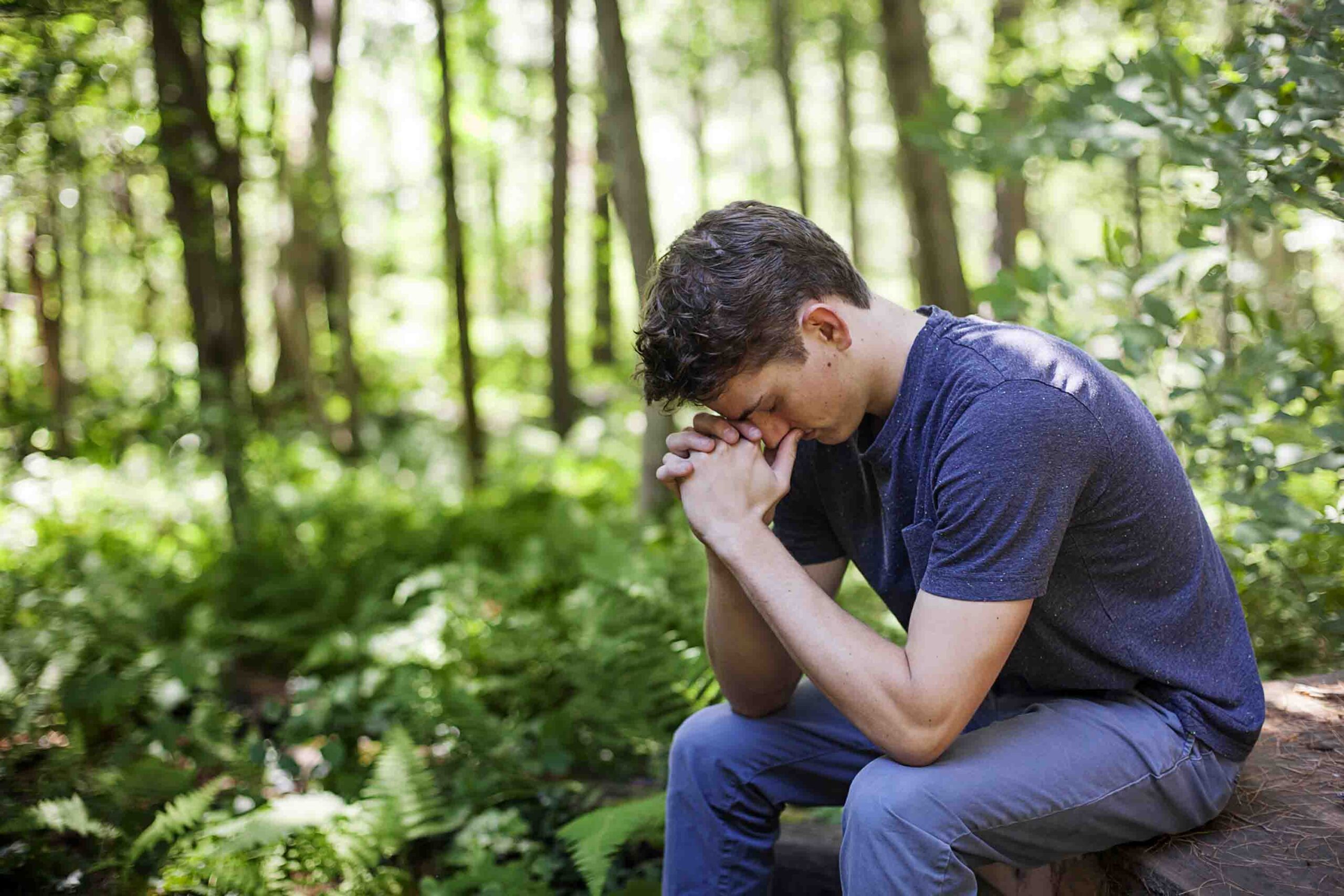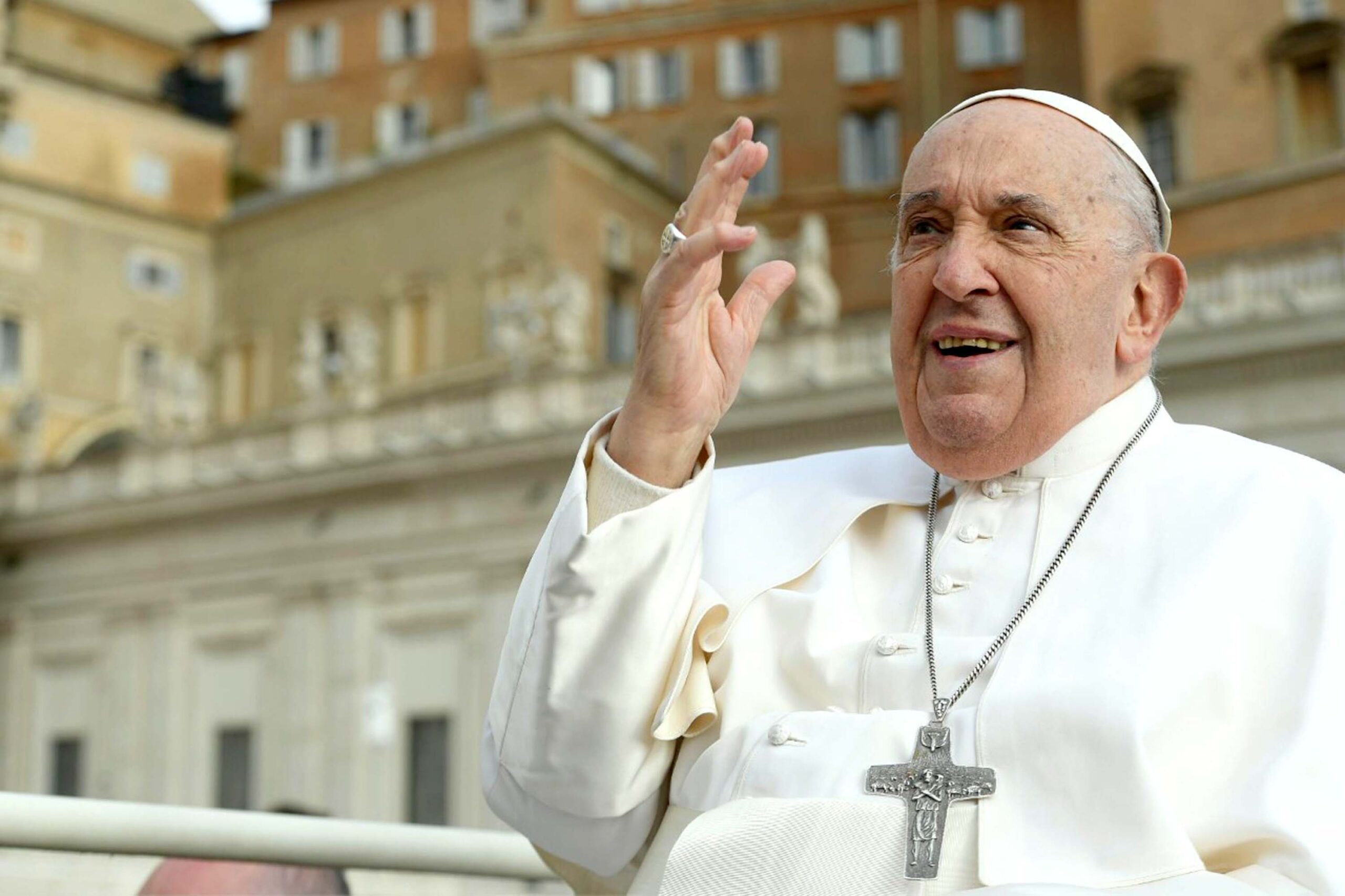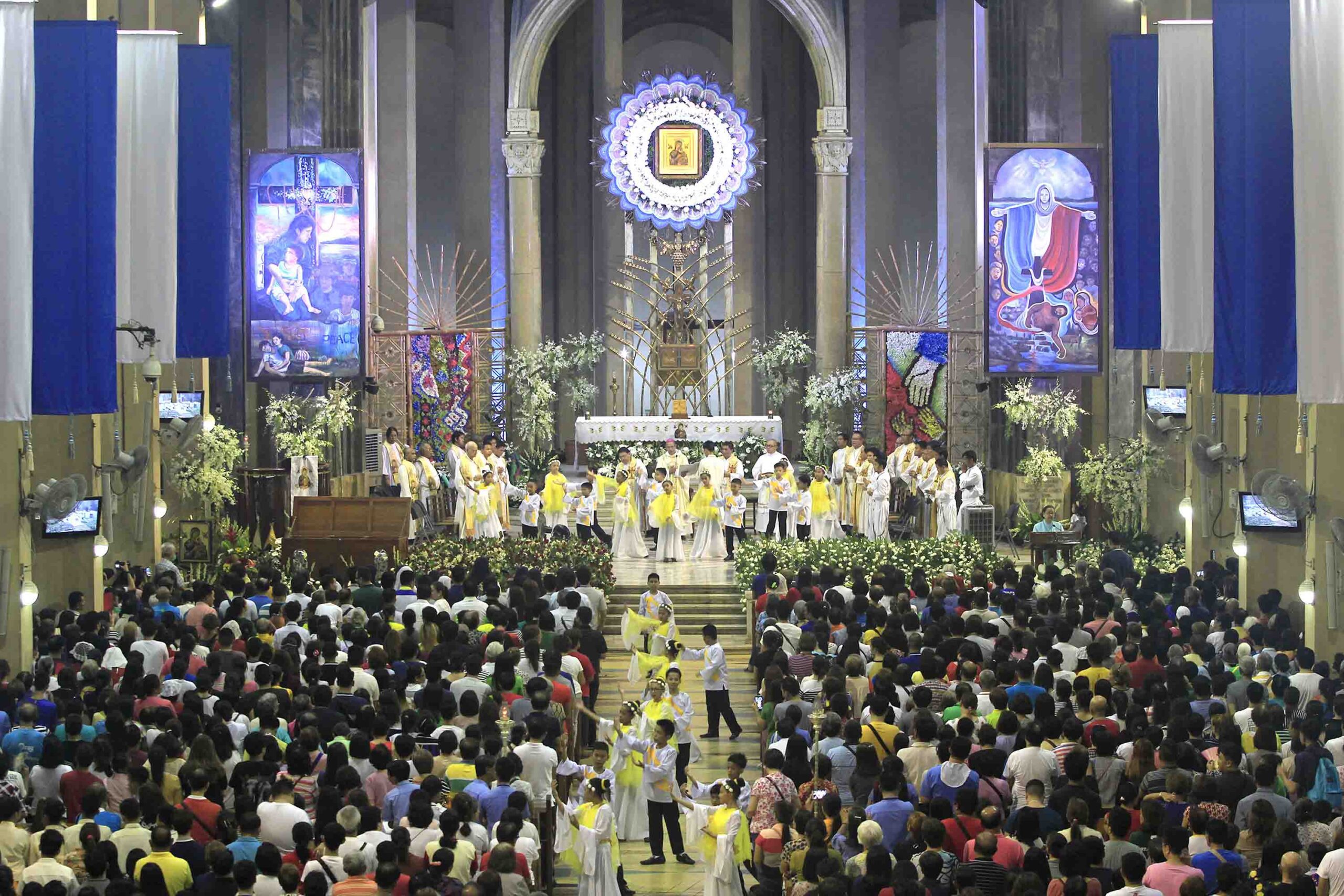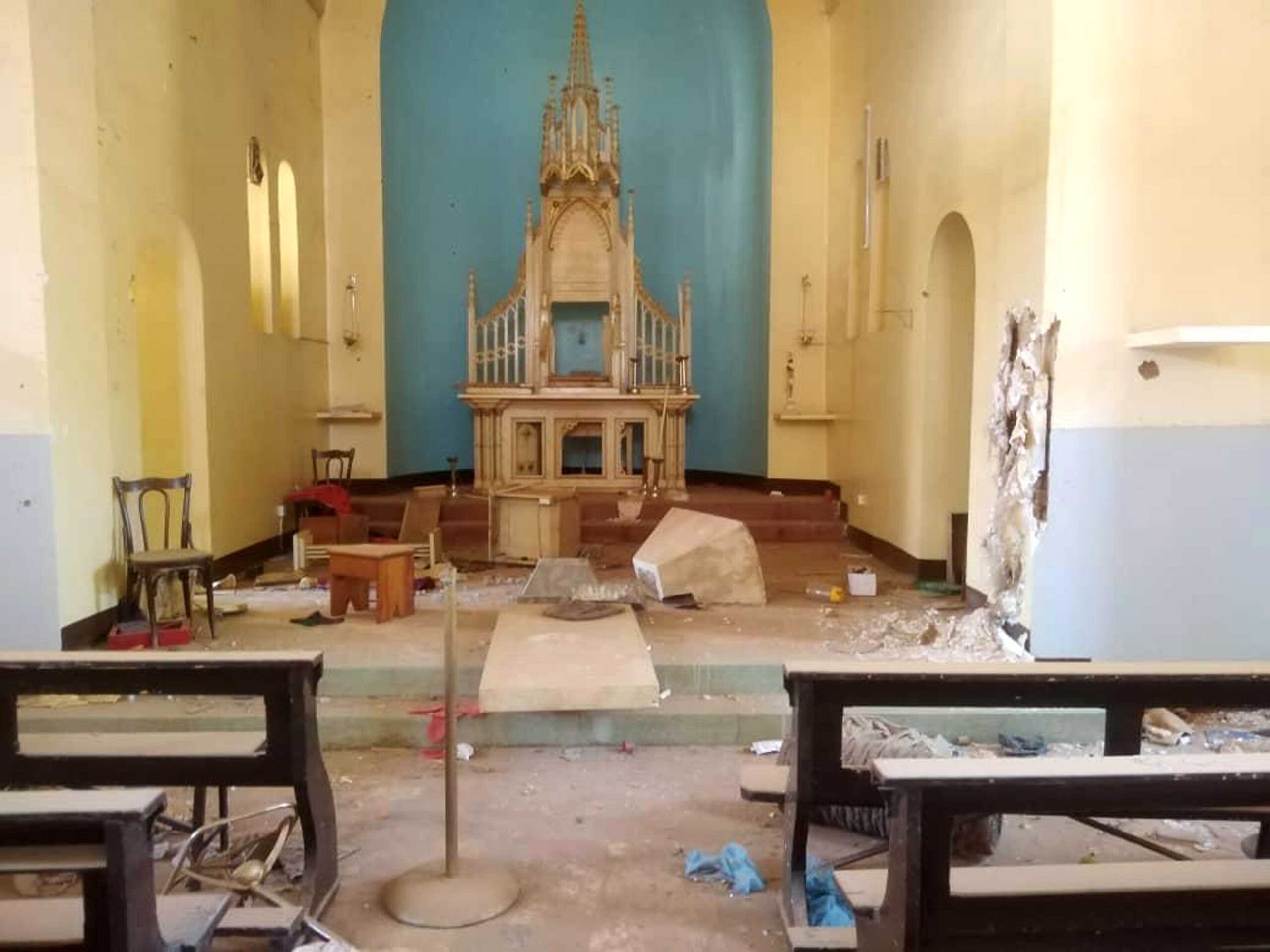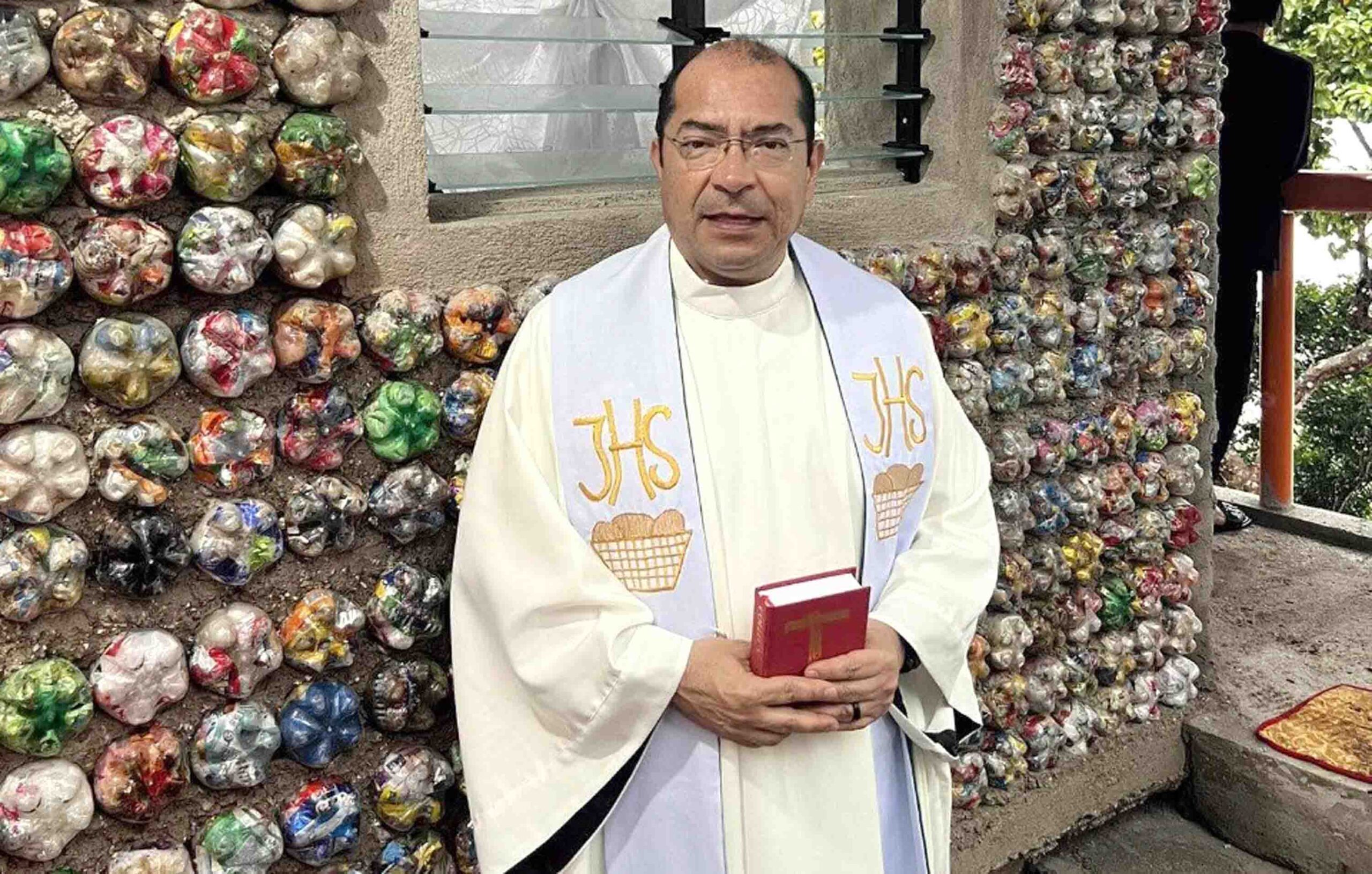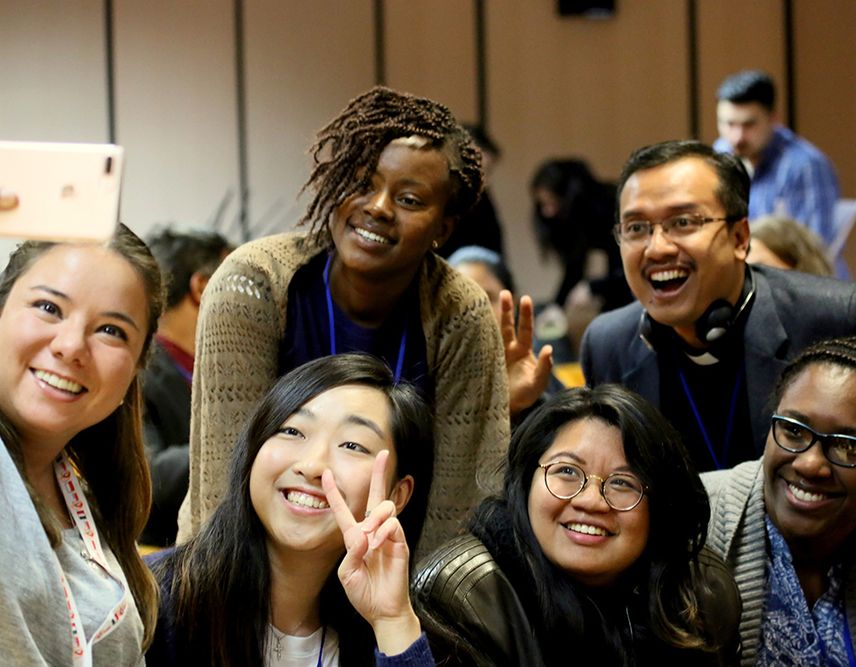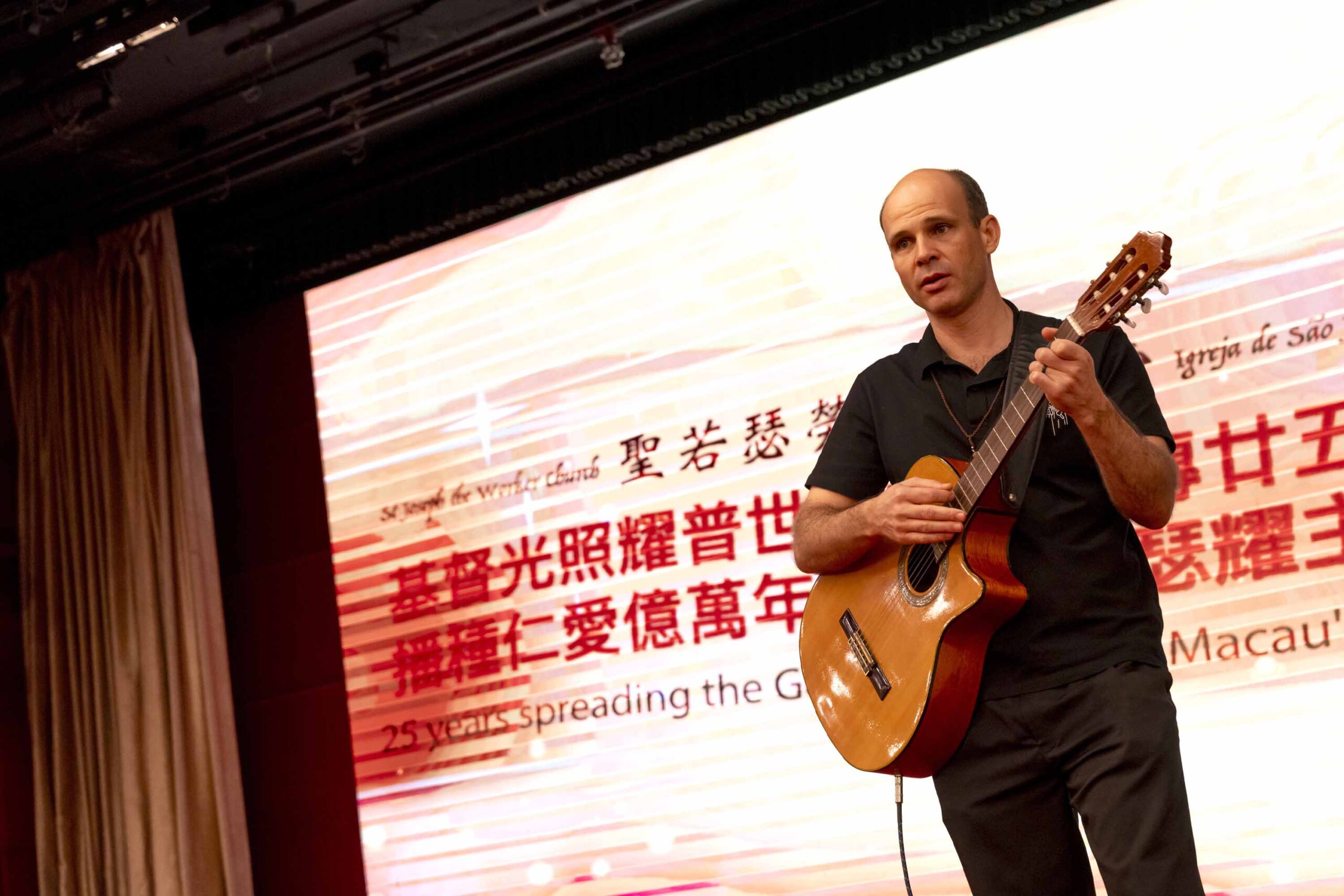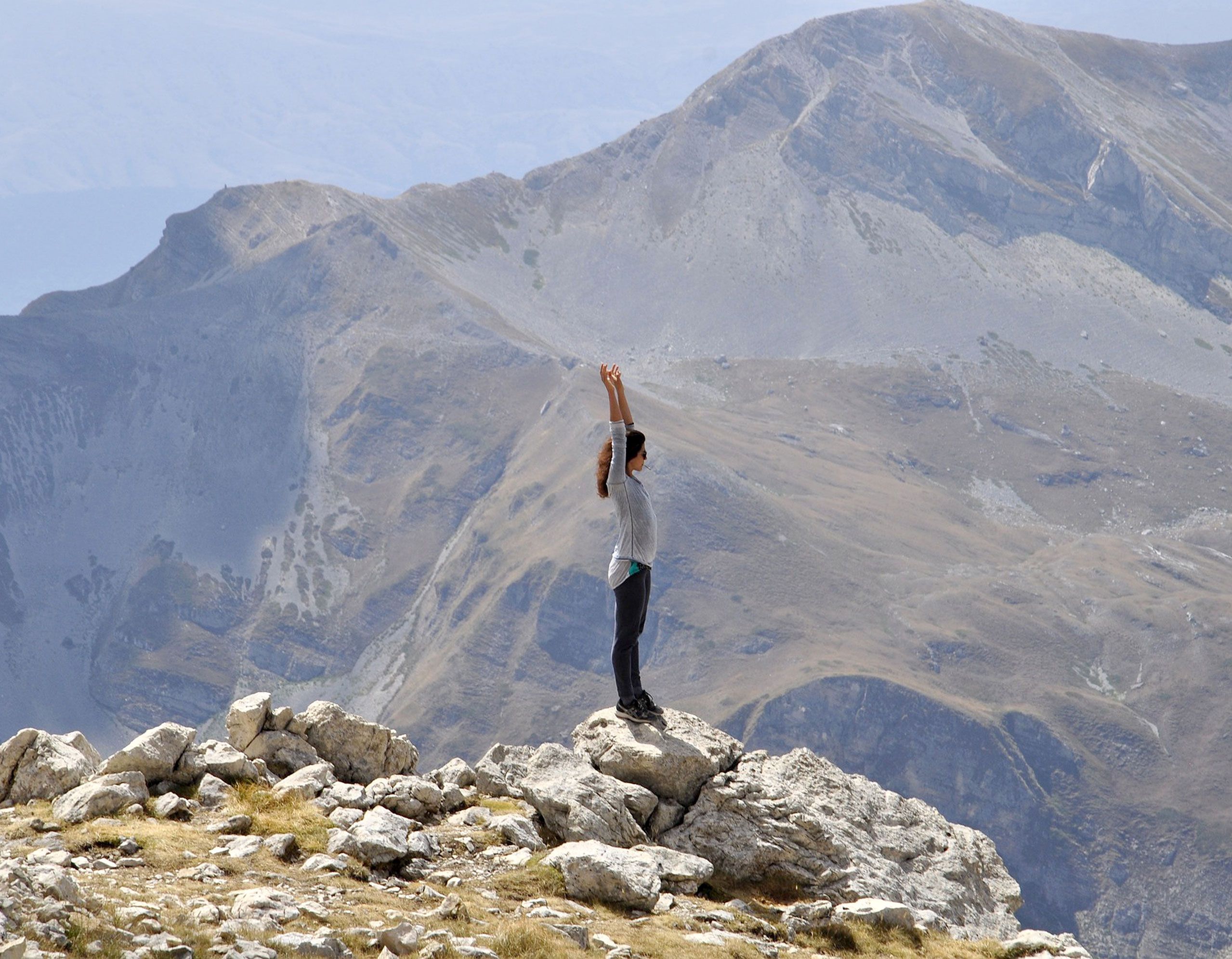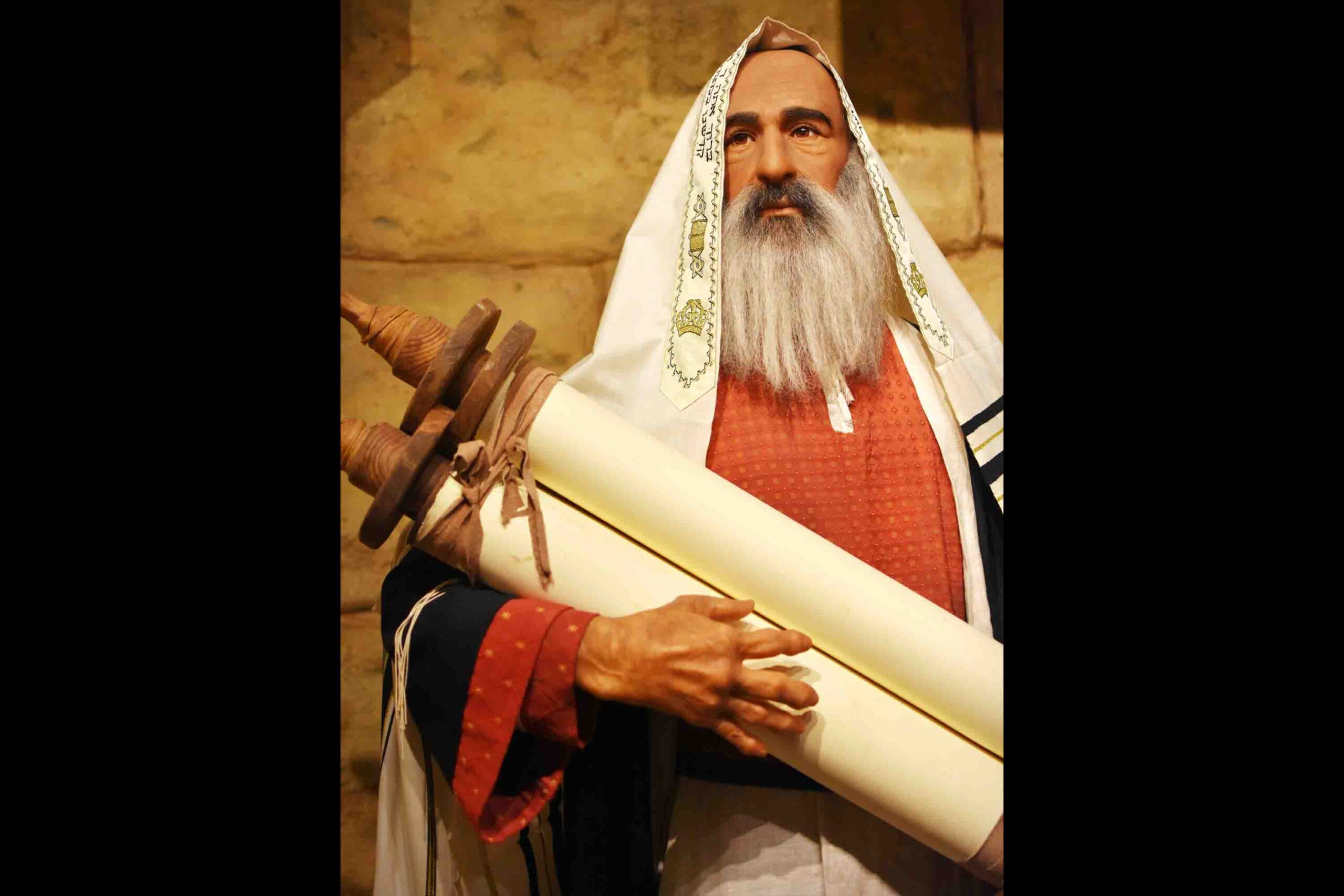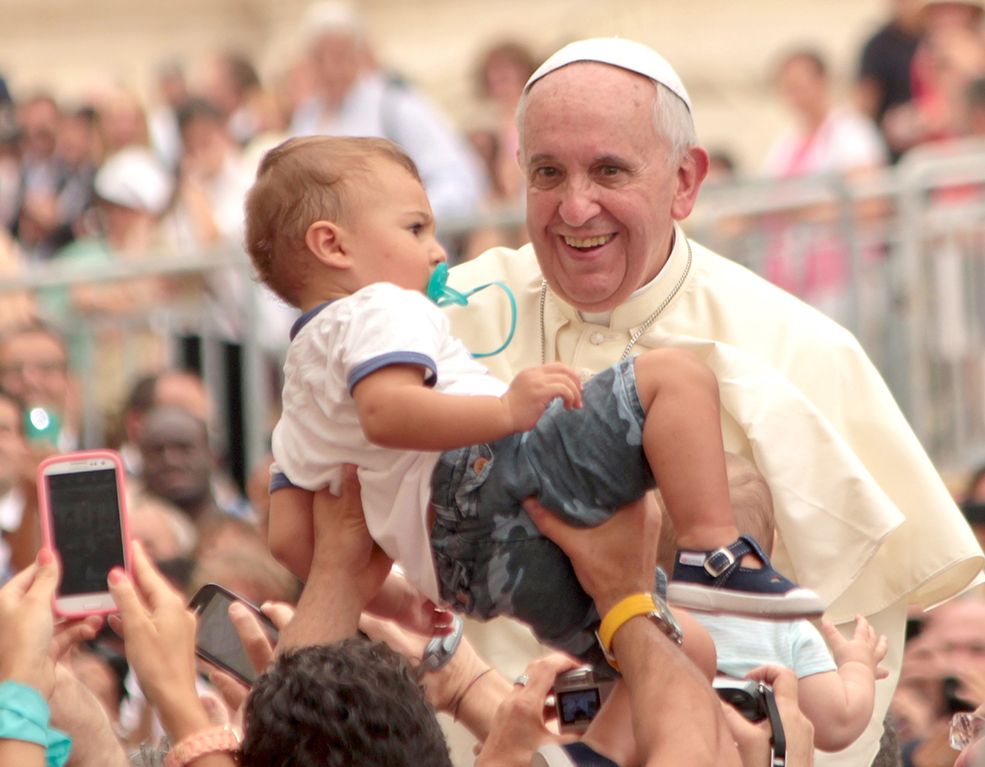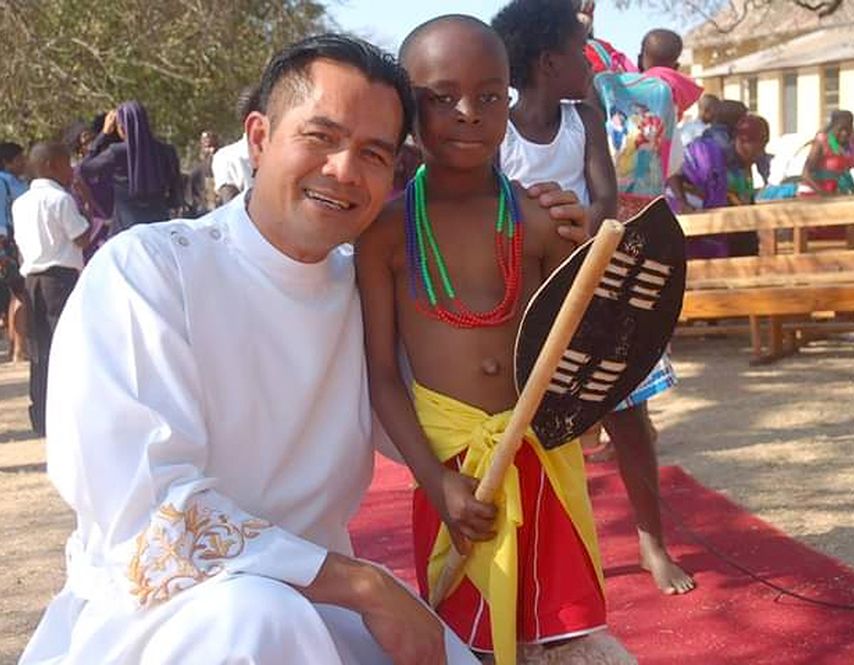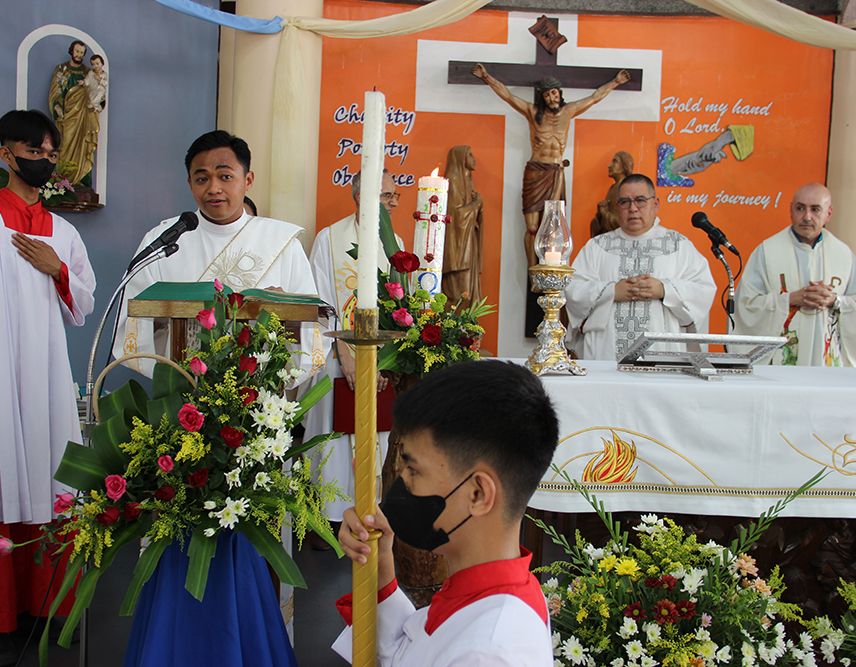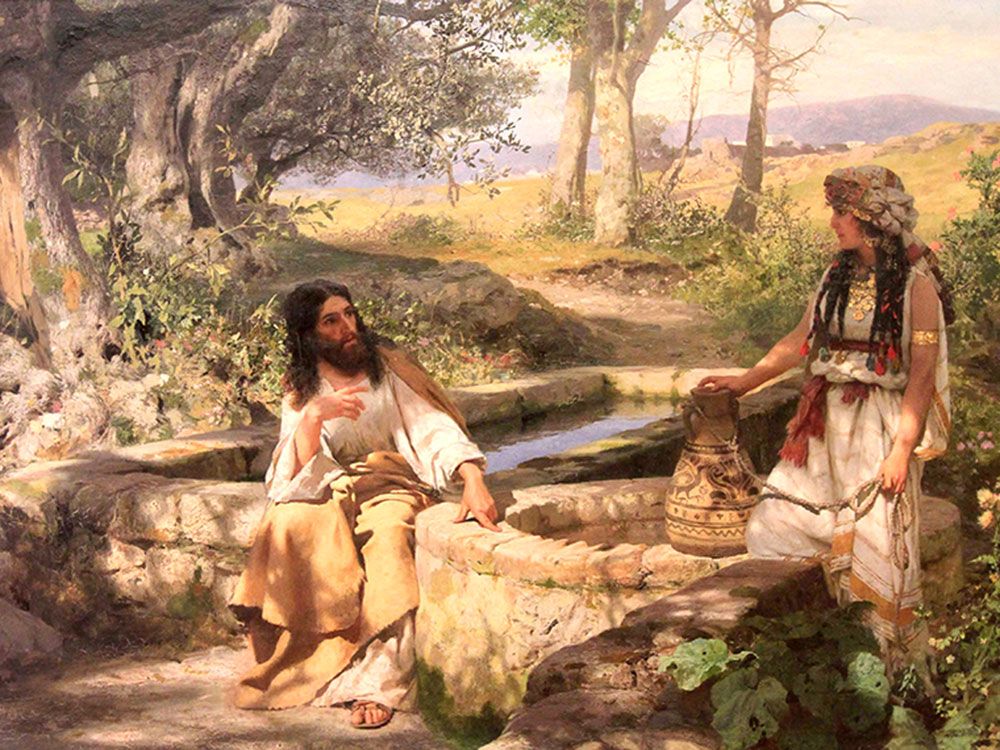Moses was born with a death sentence. At that time, in Egypt, the Pharaoh wanted all Hebrew children to be killed (Exodus 1:21-22). Jocabed, Moses’ mother, in an attempt to save him, put him in a papyrus basket and placed Moses in it. The Pharaoh’s daughter met Moses at the River Nile and accepted him as her son. We can say that Moses belonged to the elite, but his heart and soul belonged to God and the Hebrew people, to whom he belonged, even if he didn’t know it.
That’s why, seeing how the Hebrew people were oppressed, he reacted, killed an Egyptian and, out of fear, had to flee! Often, our ideals and dreams end up being oppressed and suffocated by an unjust society, which makes us give up. Like Moses, we run away and stop fighting for a fairer, more fraternal world.
MEETING GOD
In the desert, while feeding Jethro’s flock, he met God! It was God who called Moses, who calls me and calls you: “Take off your sandals from your feet, for the place where you are standing is holy ground” (Exodus 3:5).
I remember in 2017, in Carapira, Mozambique, taking off my shoes and touching my feet to the ground, feeling the sacredness and mystery of that ground, that country, and the people who welcomed me. Before God, we are barefoot, without masks, without excuses.
In this intimate encounter, we realize that our God is not a passive God who waits to be called. Still, rather a God who takes pity on the suffering of his people: “I have seen the oppression of my people in Egypt” (Exodus 3:7). As Pope Francis teaches us, “I want to point out to you, in the account of the Exodus, a detail of no small importance: it is God who sees, who is moved and who liberates, not Israel who asks for it” (Message for Lent 2024). In our relationship with God, He continues to call, He continues to knock on the door of our heart and if we open it, He will come in to dwell with us (Revelation 3:20).
THE LIBERATING MISSION
God came to save his people and appointed Moses to free them from oppression. However, faced with the greatness of God’s plans, Moses gave reasons for not accepting the mission and resorted to his limitations. How often do we doubt ourselves and our abilities? How many times do our eyes only see our defects and limitations? However, God knows what we are made of. He is the potter, and we are the clay, and He enables us to fulfill the mission we are destined for.
Moses, a good man who fled Egypt, returns because he trusted in God’s word, because he believed in God’s love for his people, because he knows that God has given him a mission and his vocation is to save God’s people. Moses’ faithfulness to God’s will should be an example to us, a beautiful testimony that, despite our frailties, God calls us, loves us and walks with us. Moses does not walk alone, but God is with him, he is in him.
With God, Moses delivers his people from captivity in Egypt. However, despite having seen the wonders that God is able to perform, the people are not always faithful to God. The difficulties in the desert, on the way to the Promised Land, mean that the people sometimes turn away from God. Moses remains faithful to God and to his people, to his roots and to his faith. Even when the people decide to make a golden calf, Moses, knowing that his people have not done the right thing, intercedes with God: “I beg you to forgive them this sin! Or else blot me out of the book you have written” (Exodus 32:32).
Pope Francis tells us that “Moses is such a friend of God that he can speak to him face to face (Exodus 33:11); and He will remain such a friend of men that He will feel mercy for their sins, their temptations, the unexpected nostalgia that the exiles have for the past, remembering when they were in Egypt” (Catechesis on the prayer of Moses, 17 June 2020).
Moses’ fidelity to God’s will and his love for the people make him a convinced and humble shepherd. His witness inspires us to be bridges between God and those around us: faithful to God’s word and trusting in His love for us, and never forgetting our roots.
Moses was a prophet rich in word and deed (Acts 7:22). In living out our vocation, in our lives, in our daily lives, we must always live according to what we believe in. Our words must be witnessed by our actions, the faith we profess must be concretized with deeds.




